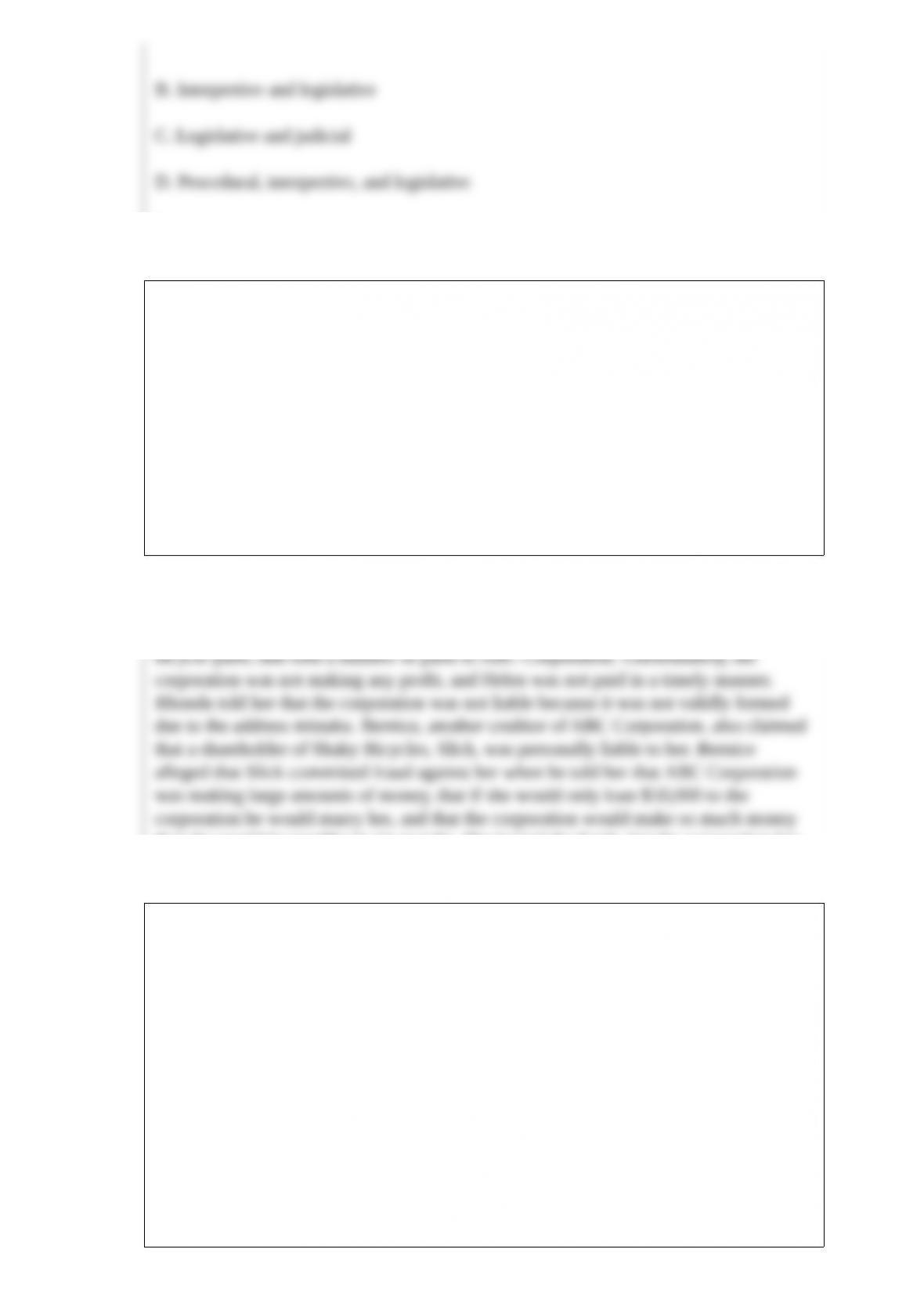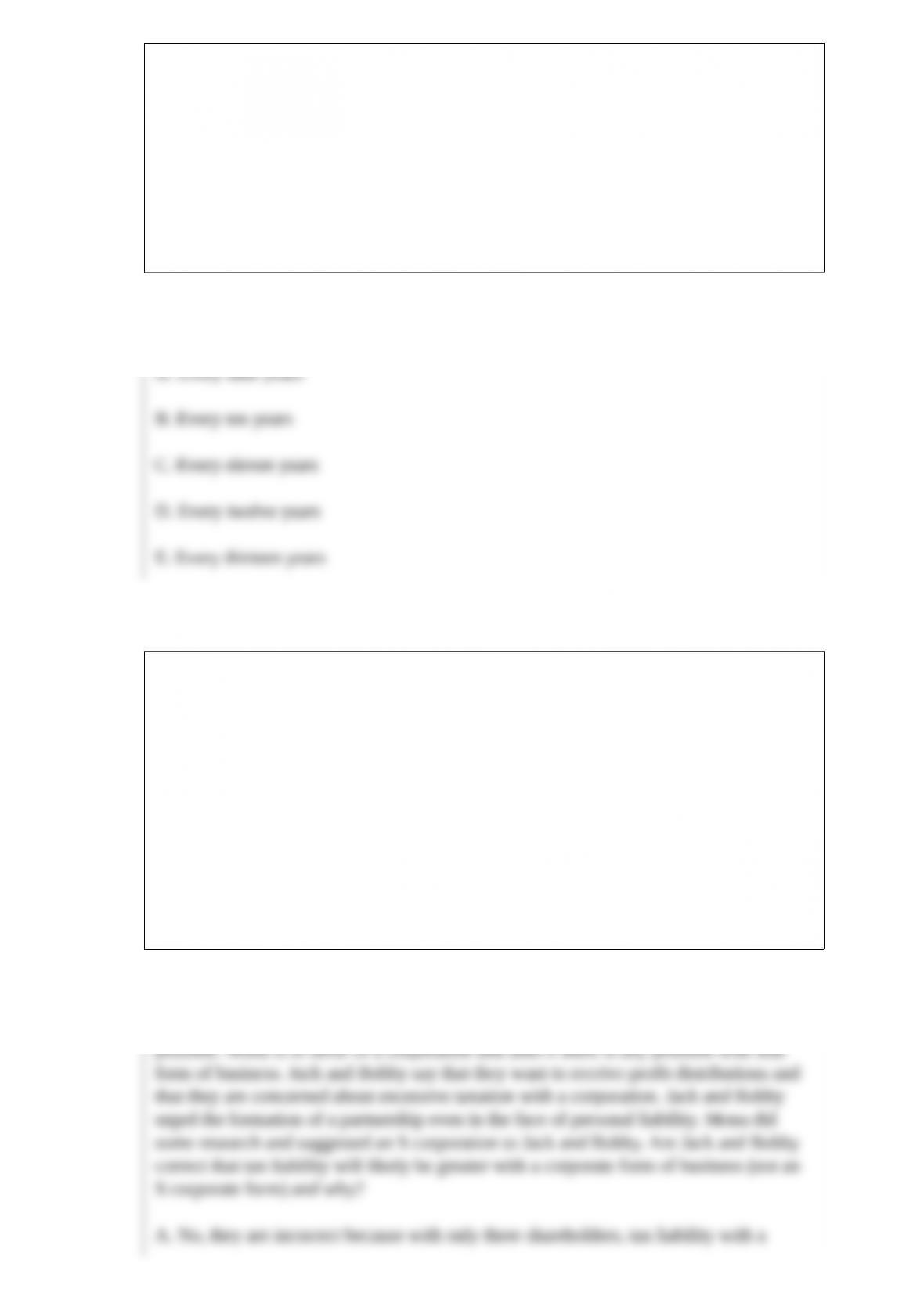correct used business law book for use in Molly's business law class; and in return on
August 15, 2011, Molly promises to pay Pat $50 for the book." Molly took the book
and planned to pay Pat. Meanwhile, Pat properly assigned the contract Molly had
signed to Jack. When Molly went to class, however, she discovered that the book was
the incorrect book. When Jack asked Molly for payment, Molly refused. Molly told
Jack that the book was useless to her and that she was not paying either him or Pat
anything for it. Jack told Molly that he had an enforceable assignment in the form of a
negotiable instrument and that he could collect regardless of whether the book was
useless. Molly did not believe him. Continuing with her attempt to save money on
books, Molly agreed to buy Tim's U.S. history book for $40. She had an oral agreement
with Tim that he would give her the book and that she would pay him in three days.
This time Molly got the right book. Tim, in writing, properly assigned the right to the
$40 payment to Richard. Richard asked Molly for the money. Molly admitted her
agreement with Tim but told Richard that she was not going to pay him because he did
not have a negotiable instrument. Molly also purchased a communications book from
Sam promising in writing to give him in return the next day, to his order, a used DVD
player she owned. Which of the following is true regarding Molly's assertion that
Richard did not have a negotiable instrument?
A. Molly is incorrect, and the document by which Tim assigned the right to Richard is a
negotiable instrument in regard to her duty to pay.
B. Molly is correct because her agreement with Tim was not in a writing containing
words of negotiability or words indicating the presence of a bearer instrument.
C. Molly is correct because Richard was not a party to the original contract.
D. Molly is incorrect because her admission establishes the existence of a negotiable
instrument between her and Tim that could be assigned to Richard.
E. Molly is correct because she did not immediately transfer funds to Tim and also
because her agreement with Tim was not in a writing containing words of negotiability
or words indicating the presence of a bearer instrument.
Under which of the following is a trademark protected under state common law?

















































































